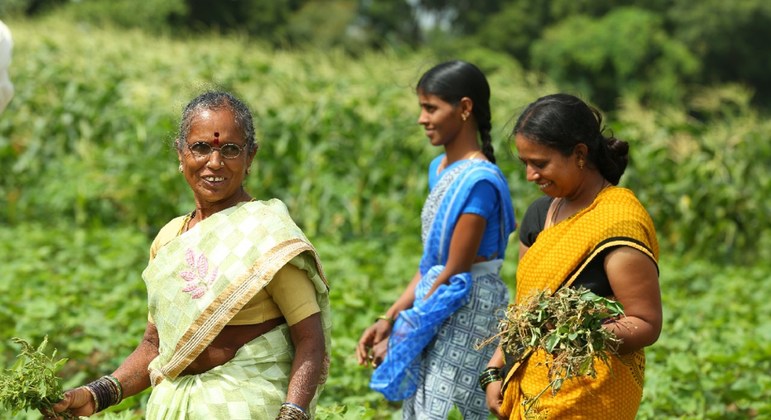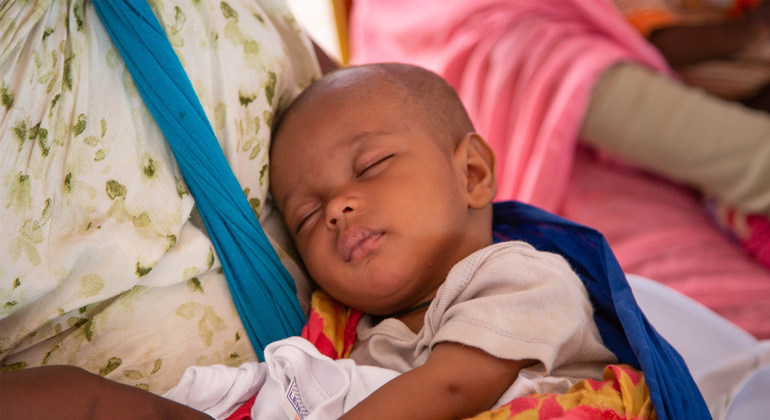Association of Authors Representatives (AAR) and Professional Association of Canadian Literary Agents (PACLA) have written an open letter protesting the way Reed Exhibitions handled refunds to those who canceled their attendance at the London Book Fair due to the global pandemic. Agents who canceled their tables prior to the fair’s ultimate, formal cancellation announcement had no money returned. Those who canceled after the official announcement were offered 60% back or could carry over 100% of the cost of their table to next year’s fair.
In contrast, the Bologna Book Fair, which initially moved its fair from March to May, offered a 100% refund, provided the request was made by a set deadline.
Numerous North American agents and publishers had canceled their plans to attend LBF in late winter as the pandemic began to be more acutely felt around the world, including in the U.K. and U.S. The LBF was canceled about a week before it was set to open. A spokesperson for the agents said they decided to write the letter after an effort to find a “fair solution” to LBF’s cancellation policy were “rebuffed.”
The letter from the agents reads in its entirety:
“Earlier this year, Reed Exhibitions decided to penalize agencies which cancelled their London Book Fair tables prior to the Fair’s ultimate formal cancellation. We feel it is tone deaf for LBF to inflict a financial penalty on North American agents who responsibly notified LBF as soon as they realized that it would be impossible to attend the fair owing to the global pandemic. As the Association of Authors Representatives (AAR), we have tried to work this out privately with calls and letters from individuals as well as leaders of our organization. However we have seen no movement whatsoever on Reed’s part. We now need to make it clear publicly that we strongly disapprove of their silence and what we see as overly punitive actions.
Although the timing of each situation was unique and presented different challenges, we are mindful that other major international book fairs, which also had to modify and/or cancel events, have been far more accommodating and sympathetic to foreign attendees.
The international publishing community is one that values long term relationships. The dissonant response of the London Book Fair promises to be deeply damaging to their relationship with the North American agenting community and demonstrates a lack of sensitivity to the long term effects this will have on loyal attendees choosing to go to future fairs. We, along with members of The Professional Association of Canadian Literary Agents (PACLA), urge the London Book Fair /Reed to reconsider its position, and come to a new more equitable decision on these policies.”
The letter was signed by:
The AAR International Committee
- Jennifer Weltz, JVNLA, Inc.
- Chris Lotts, The Lotts Agency, Ltd., emeritus
- Lara Allen, The Lotts Agency, Ltd Cheryl Pientka, Nancy Yost Literary Agency
- Soumeya Roberts, HG Literary
- Tamar Rydzinski, Context Literary Agency
- Sarah Perillo, Curtis Brown, Ltd.
- Katie Kotchman, Don Congdon Associates, Inc.
- Kent Wolf, Neon Literary Agency
- Sandy Hodgman, Hodgman Literary
- Diana Finch, Diana Finch Literary Agency – Committee Head
- Cheryl Pientka, Nancy Yost Literary Agency
AAR members
- Brian DeFiore, DeFiore and Company
- Albert Longden, Albert T. Longden Associates
- Cynthia Cannell, Cynthia Cannell Literary Agency
- Farley Chase, Chase Literary Agency
- Danielle Egan-Miller, Browne & Miller Literary Associates
- Vicky Bijur, Vicky Bijur Literary Agency
- Anne Borchardt, Georges Borchardt, Inc.
- Valerie Borchardt, Georges Borchardt Inc.
- John Hawkins & Associates, Inc.
- Laura Gross, Laura Gross Literary Agency
- Tonda Martin, The Martin Agency
- Janis A Donnaud, Janis A Donnaud & Associates
- Dr. Uwe Stender, Triada US Literary Agency
- Gina Maccoby, Gina Maccoby Literary Agency
- Denise Shannon, Denise Shannon Literary Agency
PACLA members
- Kelvin Kong, K2 Literary
- Ron Eckel, CookeMcDermid Agency
- Stephanie Sinclair, Transatlantic Agency
- Rachel Letofsky, CookeMcDermid Agency
- Hilary McMahon, Westwood Creative Artists
- Jackie Kaiser, Westwood Creative Artists
- Meg Wheeler, Westwood Creative Artists
- Suzanne Brandreth, CookeMcDermid Agency.













